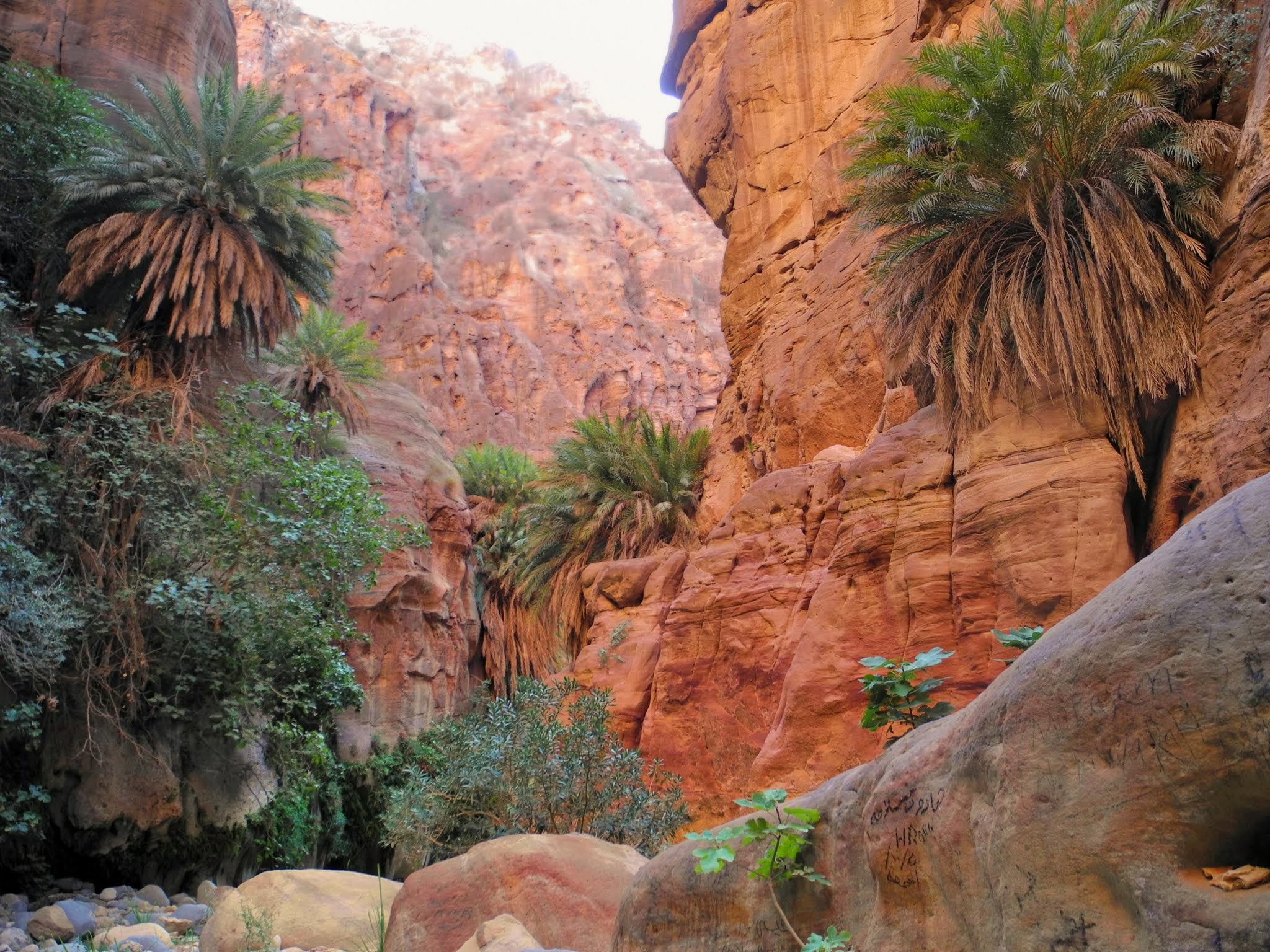|
Vadi (other)
{{disambiguation, surname ...
Vadi may refer to: People * Vadi (surname), list of people with the surname * Fillipo Vadi, author of the Italian treatise on fighting ''De Arte Gladiatoria Dimicandi'' Other uses * Vadi (music), a musical note in Indian classical music * Vadi (valley), an Arabic term for valley or a dry riverbed * Vadi, Estonia, a village in Estonia * Wade (folklore) (Norse: ''Vaði''), a Germanic mythological character See also * Wadi (other) A wadi (from Arabic: وادي wādī) is a dry river or its valley. Wadi may also refer to: * Waddy, a hardwood Aboriginal Australian club * WADI, a radio station in Corinth, Mississippi, United States * Wadi, a fictional race in the ''Star Trek' ... [...More Info...] [...Related Items...] OR: [Wikipedia] [Google] [Baidu] |
Vadi (surname)
{{DEFAULTSORT:Vadi ...
Vadi is a surname. Notable people with the surname include: * Mohammad Taher Vadi (born 1989), Iranian volleyball player * Quinto Vadi (1921–2014), Italian gymnast * Urmas Vadi (born 1977), Estonian writer See also * Vadi (other) Vadi may refer to: People * Vadi (surname), list of people with the surname * Fillipo Vadi, author of the Italian treatise on fighting ''De Arte Gladiatoria Dimicandi'' Other uses * Vadi (music), a musical note in Indian classical music * Vadi ... [...More Info...] [...Related Items...] OR: [Wikipedia] [Google] [Baidu] |
De Arte Gladiatoria Dimicandi
''De Arte Gladiatoria Dimicandi'' was written by Italian fencing master Filippo Vadi between 1482 and 1487. It consists of an opening prologue describing the art of fencing followed by colored plates illustrating specific techniques for the longsword, dagger, pollaxe, spear and club. While much of what he describes closely follows the work of Fiore dei Liberi, author of ''Flos Duellatorum'', Vadi's work also differs in some respects, including his footwork and several original techniques of his own. Little is known about the author, a native of Pisa, other than that he appears to have been a mid to late 15th-century fencing master linked in some way to the tradition of Fiore dei Liberi and that he dedicated a fencing book to the Dukes of Urbino, in the last quarter of the 15th century. However, a man of the same name appears as a governor of Reggio under the Estense family in the mid- to late 15th century. [...More Info...] [...Related Items...] OR: [Wikipedia] [Google] [Baidu] |
Vadi (music)
Vadi, in both Hindustani classical music and Carnatic music, is the tonic (root) swara (musical note) of a given raga (musical scale). "Vadi is the most sonant or most important note of a Raga."Nad Understanding Raga Music, Bagchee, Sandeep It does not refer to the most played note but it rather refers to a note of special significance. It is usually the swara which is repeated the greatest number of times, and often it is the swara on which the singer can pause for a significant time. Vadi swara in a raga is like a king in a kingdom. The specialty of any raaga depends on vadi swara and because of this, the vadi swara is also called the ''Jeeva swara'' or the ''Ansha swara''. A good artist uses vadi swara in different ways like singing vaadi swara again and again, starting a raga with vadi swara, to end a raaga with vadi swara, singing vadi swara many times in important places with different swaras or sometime singing vadi swara for a longer time in one breath. ''Vadi'' swara is al ... [...More Info...] [...Related Items...] OR: [Wikipedia] [Google] [Baidu] |
Vadi (valley)
Wadi ( ar, وَادِي, wādī), alternatively ''wād'' ( ar, وَاد), North African Arabic Oued, is the Arabic term traditionally referring to a valley. In some instances, it may refer to a wet ( ephemeral) riverbed that contains water only when heavy rain occurs. Etymology The term ' is very widely found in Arabic toponyms. Some Spanish toponyms are derived from Andalusian Arabic where ' was used to mean a permanent river, for example: Guadalcanal from ''wādī al-qanāl'' ( ar, وَادِي الْقَنَال, "river of refreshment stalls"), Guadalajara from ''wādī al-ḥijārah'' ( ar, وَادِي الْحِجَارَة, "river of stones"), or Guadalquivir, from ''al-wādī al-kabīr'' ( ar, اَلْوَادِي الْكَبِير, "the great river"). General morphology and processes Wadis are located on gently sloping, nearly flat parts of deserts; commonly they begin on the distal portions of alluvial fans and extend to inland sabkhas or dry lakes. In basi ... [...More Info...] [...Related Items...] OR: [Wikipedia] [Google] [Baidu] |
Vadi, Estonia
Vadi is a village in Mustvee Parish Mustvee Parish ( et, Mustvee vald) is a rural municipality in Jõgeva County. It includes the town of Mustvee.https://mustveevald.kovtp.ee/ (accessed 5 March 2020) Settlements ;Town Mustvee ;Boroughs Avinurme, Lohusuu ;Villages There are 56 v ..., Jõgeva County in northeastern Estonia. (retrieved 28 July 2021) References Villages in Jõgeva County {{IdaViru-geo-stub ... [...More Info...] [...Related Items...] OR: [Wikipedia] [Google] [Baidu] |
Wade (folklore)
Wade ( ang, Ƿada ) is the English name for a common Germanic mythological character who, depending on location, is also known as Vadi (Norse) and Wate (Middle High German). Overview The earliest mention occurs in the Old English poem ''Widsith''. According to the '' Þiðrekssaga'', he was born between king Wilkinus and a serpent-legged mermaid named Wachilt, who was a goddess of the sea and sometimes referred to as a "sea witch". His famous son is Wayland, and grandson Wudga. Though not explicitly given as such, Egil and Slagfin may be Wade's sons, since they are Wayland's brothers according to the Poetic Edda. The medieval English romance about Wade once existed, for Chaucer alluded to the "Tale of Wade" in one of his works, ''Troilus and Criseyde'',''Troilus and Criseyde'': "With sobre chere, although his herte pleyde: / And in the feld he pleyde tho leoun; / He song; she pleyde; he tolde tale of Wade. / But natheles, he japed thus, and pleyde, / And on the walles of the to ... [...More Info...] [...Related Items...] OR: [Wikipedia] [Google] [Baidu] |
